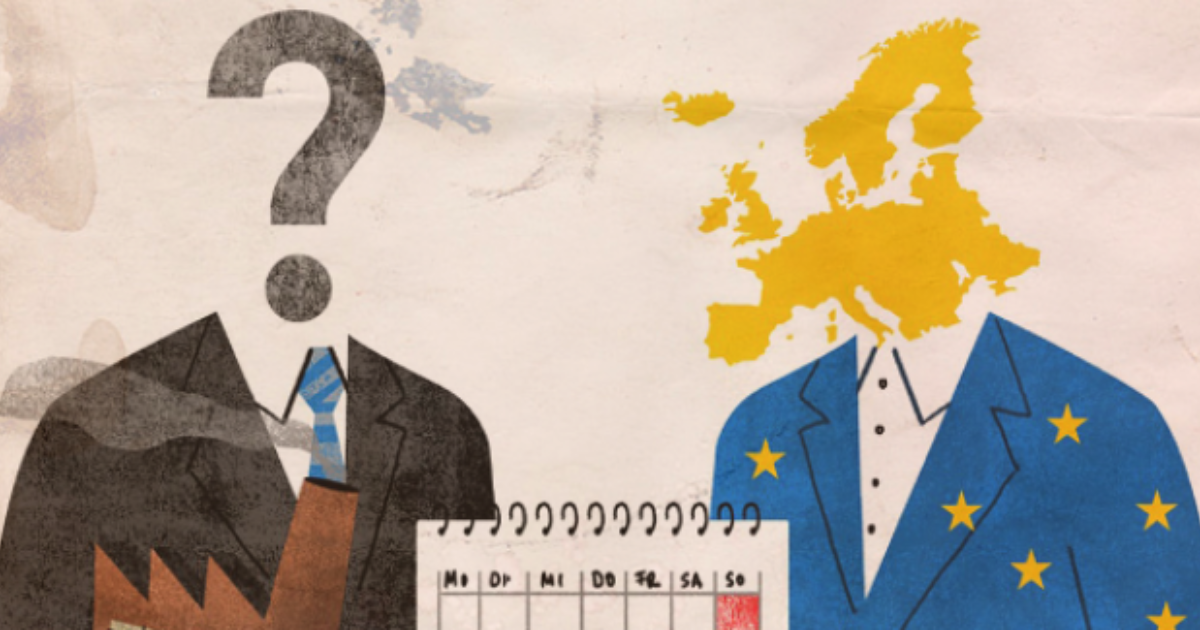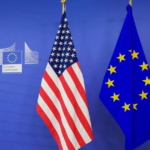Lobbying, a pivotal aspect of policy influence, plays a significant role in shaping political decisions and policies in both the European Union (EU) and African countries. This analysis seeks to merge the information provided, offering a holistic understanding of lobbying activities carried out by various organizations in the EU and Africa.
Lobbying Landscape in the European Union
Lobbying is a well-established practice in the EU, with a considerable number of organizations and entities engaged in influencing policy decisions. EU Public Affairs reported that there more than 30,000 lobbyists in Brussels, the EU’s political hub, emphasizing the extensive scale of lobbying activities. The financial dimension is substantial, with the EU investing €1.5 billion annually in lobbying efforts. The European Parliament maintains a voluntary transparency register for lobbyists, which has garnered signatories from over 10,000 organizations.
African Organizations Lobbying in the European Union
African organizations, such as Stellenbosch University, the African Wildlife Foundation, the Women Environmental Programme, and the Belgium-Luxembourg Chamber of Commerce in Morocco, are registered in the EU Transparency database. These organizations actively engage with the EU, focusing on diverse areas such as academia, wildlife conservation, gender empowerment, and commerce. Stellenbosch University targets key EU initiatives like the Joint African and EU Strategy, EU Framework Programme for Research and Innovation, and Erasmus+ student exchange program. The African Wildlife Foundation participates in initiatives related to the Post Cotonou Agreement, Afro Caribbean-EU delegations, and EU multiannual financial framework.
Here are the details of each of above organizations:
1- Academic Lobbying: Stellenbosch University
Stellenbosch University, a prominent academic institution based in South Africa, is a registered lobbyist in the EU. The university strategically targets key EU initiatives such as the Joint African and EU Strategy, EU Framework Programme for Research and Innovation, and the Erasmus+ student exchange program. Their engagement reflects a conscious effort to shape educational and research policies in collaboration with the EU.
2- Wildlife Conservation Lobbying: African Wildlife Foundation
The African Wildlife Foundation, headquartered in Kenya, actively participates in EU lobbying, focusing on wildlife conservation and related initiatives. Their lobbying efforts span multiple areas, including Post Cotonou Agreement Negotiations, Afro Caribbean-EU delegations, and the EU multiannual financial framework. The organization’s involvement showcases a commitment to influence EU policies that impact conservation efforts in Eastern Africa.
3- Environmental and Gender Advocacy: Women Environmental Programme
Based in Abuja, Nigeria, the Women Environmental Programme is a significant advocate for climate change, gender equality, and women’s empowerment within the EU. The organization diligently monitors policies and programs related to these critical areas, ensuring their representation and allocation of funds. Their lobbying activities emphasize the importance of inclusive policymaking and financial support for climate and gender initiatives.
4- Business and Commerce Lobbying: Belgium-Luxembourg Chamber of Commerce in Morocco
The Belgium-Luxembourg Chamber of Commerce in Morocco focuses on improving business ties between Morocco, Belgium, and Luxembourg. As part of their advocacy efforts, they engage in EU lobbying, primarily targeting enhanced economic relations. Their presence in the EU lobbying landscape underscores the significance of fostering international business relationships and collaborations for economic growth and development.
5- African Diaspora Network in Europe (ADNE)
The African Diaspora Network in Europe (ADNE) is a significant umbrella organization representing the African diaspora in Europe. Registered on 22nd July 2018, ADNE has emerged as a recognized interlocutor with various entities, including the European Union, African Union, African Countries, African Embassies, ACP Group, Governmental agencies, and international organizations. The primary objective of ADNE is to support engagement between its members, which include organizations, associations, enterprises, and individuals, with policy makers on issues relevant to both Europe and Africa.
i- Goals and Targeted EU Files
ADNE actively engages with EU policy areas of substantial relevance to Africa and its diaspora. The main EU files targeted by ADNE include EU Development Cooperation Policy, EU Migration Policies, European External Investment Plan, Digital policies, Security policy, EU-Africa Policies, EU-ACP Policies, Gender policies, Employment Policies, Integration Policies, and Youth-related policies. ADNE’s focus on these areas underscores its commitment to addressing critical aspects that impact both continents.
ii- Lobbying and Engagement Efforts
The African Diaspora Network in Europe (ADNE) employs a considerable lobbying team, totaling 76 lobbyists. These professionals, with varying degrees of employment time, are committed to advocating for the interests of the African diaspora in Europe. ADNE’s engagement with the EU involves addressing diverse policy areas and participating in discussions vital to the welfare and development of both Europe and Africa. While ADNE’s lobbying costs for the closed financial year (Jan 2021 – Dec 2021) fell within the range of €10,000 – €24,999, the organization actively leverages contributions from its members to support its operations.
6- Coalition of European Lobbies for Eastern African Pastoralism (CELEP)
The Coalition of European Lobbies for Eastern African Pastoralism (CELEP) serves as a crucial asset for African countries seeking to assert influence in European Union (EU) policy decisions. CELEP, formed as an informal coalition of European members and East African partners, focuses on effective communication, knowledge management, and lobbying in favor of pastoralism in Eastern Africa. The mission of CELEP centers around advocating for the recognition and support of pastoralism and pastoralists in the drylands of Eastern Africa.
CELEP as an Asset for African Countries
CELEP’s strategic focus on lobbying for pastoralism in Eastern Africa directly benefits African countries seeking to influence EU policies. By collaborating with CELEP, African countries gain a powerful avenue to communicate their policy goals and advocate for the recognition and support of pastoralism. The coalition provides a platform to voice concerns, present research-backed perspectives, and actively participate in shaping policies that impact the pastoralist communities.
Comparative Analysis and Conclusion
These African organizations’ participation in EU lobbying activities demonstrates a multifaceted engagement in various sectors such as academia, wildlife conservation, environmental advocacy, and commerce. Their presence in the EU Transparency database underscores the globalization of lobbying efforts, emphasizing the need for cross-border collaboration to influence policies and initiatives. Understanding and analyzing these lobbying activities enriches our comprehension of the interconnectedness between African entities and the EU, leading to informed policy decisions that can drive positive societal and environmental changes.






